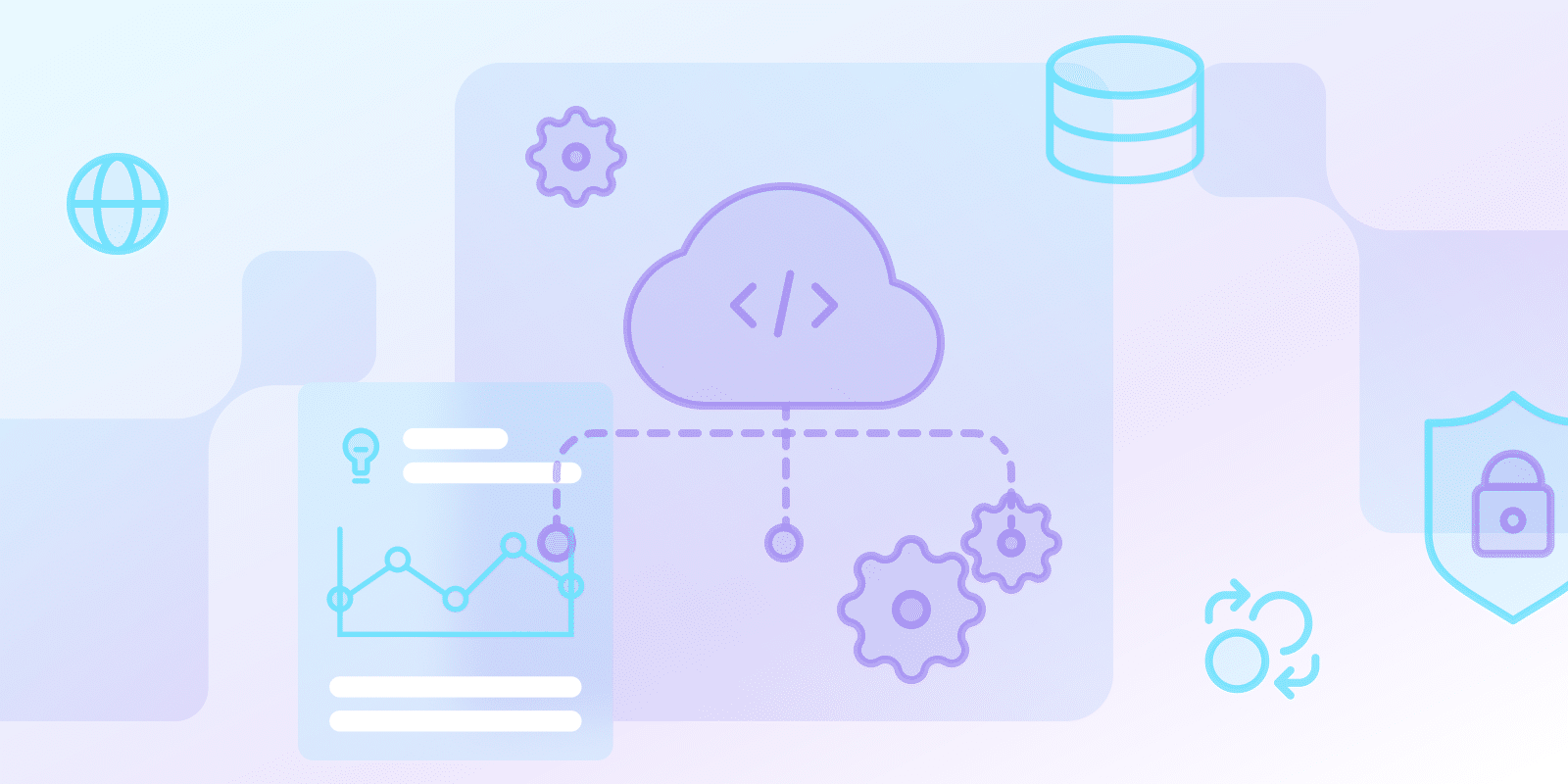Cloud Enabled Operations
What are Cloud-Enabled SaaS Operations?

What are Cloud-Enabled SaaS Operations?
SaaS has become a core component of many businesses, and companies utilize SaaS operations within their cloud computing. You should be focusing on flexibility, scalability, and efficiency when implementing these technologies.
SaaS operations cover delivery, optimization, and management, but they’re more complex than that. You’ll have to think about:
- Provisioning
- Monitoring
- Troubleshooting
Each of these is one part of app performance and availability.
Can SaaS be cloud-based?
Most modern SaaS applications are cloud-based, meaning that they run on cloud infrastructure. Businesses use cloud software for more agility; on-premises solutions are less scalable and more expensive in comparison.
What are the advantages of cloud computing in SaaS operations?
Things to consider when using cloud computing in your SaaS operations are:
- Scalability: You should scale resources up or down depending on demand, and this should be possible in your cloud software.
- Accessibility: Cloud-based SaaS operations need an internet connection but aren’t location-specific.
- Cost Efficiency: You pay for what you use in cloud computing (though you should still budget appropriately).
- Updates: Cloud SaaS operations typically have automatic updates, but be sure to check this with a provider before committing.
- Security: You will use the cloud provider’s security features; you still need to customize your settings.
What are the three types of cloud computing SaaS?
Although there isn’t a strict definition for the three types of cloud computing in SaaS, here’s a rough explanation of them:
- Public Cloud SaaS: Hosted on a public cloud infrastructure and then shared by multiple tenants. This is the most common SaaS cloud computing model.
- Private Cloud SaaS: Hosted on a private cloud infrastructure. You should consider private cloud SaaS if you need more control and security over sensitive data.
- Hybrid Cloud SaaS: Combines public and private cloud SaaS. Use this model if have workloads and data sensitivity differ.
When choosing a SaaS cloud computing solution, choose one that meets your business needs. Have a think about how much flexibility you want, and consider whether you have the budget for private cloud SaaS.
| Feature | Public Cloud SaaS | Private Cloud SaaS | Hybrid Cloud SaaS |
|---|---|---|---|
| Infrastructure | |||
| Hosting Environment | Shared public cloud infrastructure | Dedicated private infrastructure | Combination of public and private clouds |
| Tenant Model | Multi-tenant | Single-tenant | Flexible tenant configuration |
| Security and Control | |||
| Data Security | Standard shared security measures | Enhanced security and isolation | Customizable security layers |
| Customization Level | Limited customization | High level of customization | Moderate to high customization |
| Cost and Scalability | |||
| Cost Efficiency | Most cost-effective | Higher operational costs | Balanced cost structure |
| Scalability | Highly scalable | Scalable within private infrastructure | Flexible scaling across environments |
What is a SaaS operations engineer?
SaaS operations engineers are employed to monitor SaaS applications in a cloud. They deploy applications and look at the overall cloud infrastructure, and they must identify issues as soon as they arise. If needed, operations engineers in SaaS cloud infrastructures are also responsible for troubleshooting.
Operations engineers in the SaaS cloud need to have several skills. They must possess technical knowledge, but they should also know how to solve complex problems. Technical knowledge in and of itself often isn’t enough; these engineers need to be well-versed in cloud technologies.
You should have some operations engineers in-house but also outsource where needed.
Conclusion
Cloud-enabled SaaS operations are commonplace in the tech space these days, and more companies are moving away from on-premises solutions. This is for several reasons, including remote and hybrid work. You should understand the type of cloud infrastructure you want to implement, and knowing how to use these technologies effectively is also crucial.